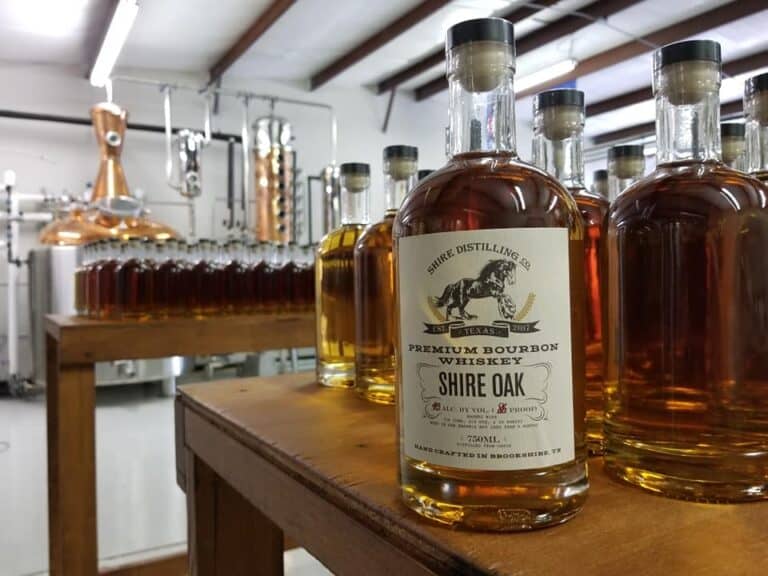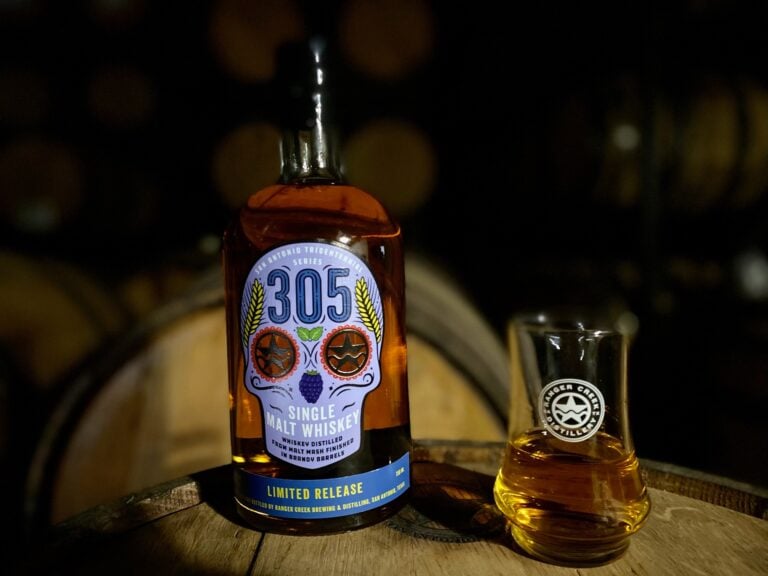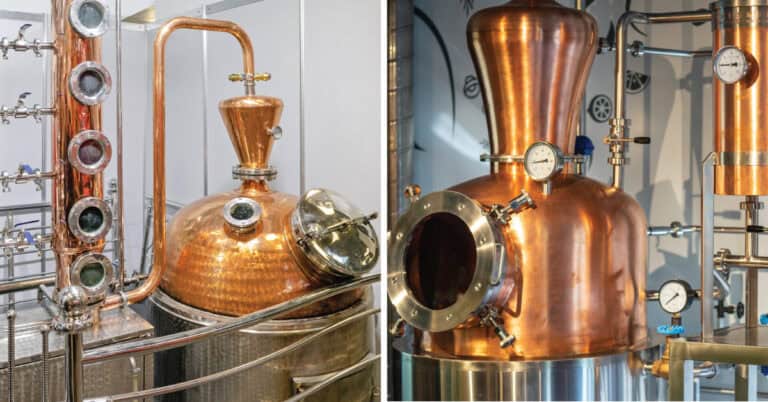Legal Aspects of Texas Whiskey Production
Producing Texas whiskey is an intricate process that involves adhering to a myriad of legal regulations and standards. These rules ensure that whiskey made in Texas meets both federal and state guidelines, maintains high quality, and is accurately represented to consumers. This article delves into the essential legal aspects of Texas whiskey production, covering regulations, labeling requirements, and certification standards.
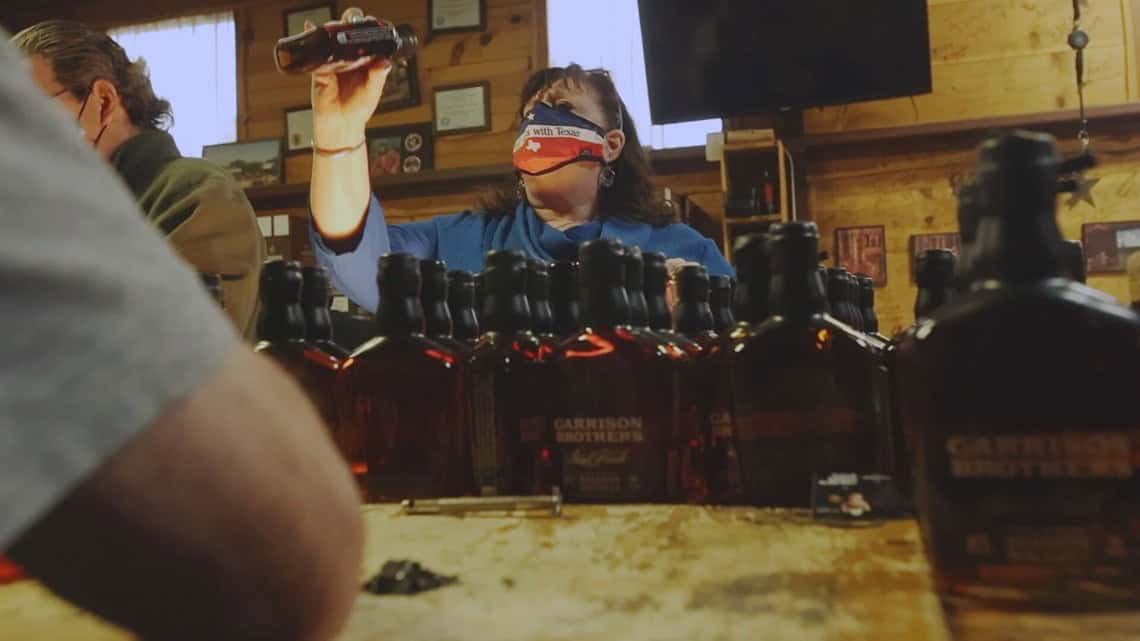
Regulations Governing Production
Federal Laws
The production of Texas whiskey, like all whiskey in the United States, is subject to federal regulations overseen by the Alcohol and Tobacco Tax and Trade Bureau (TTB). These regulations are designed to maintain product integrity, ensure safety, and protect consumers.

- Distilled Spirits Plant Permit: To produce whiskey legally, distillers must obtain a Distilled Spirits Plant (DSP) permit from the TTB. This permit authorizes the production, warehousing, and bottling of distilled spirits.
- Production Standards: The TTB sets specific standards for whiskey production, including the requirement that whiskey be distilled to no more than 80% alcohol by volume (160 proof) and aged in new, charred oak containers. This ensures that the product meets the traditional definition of whiskey.
- Record-Keeping and Reporting: Distillers are required to maintain detailed records of production activities, including the quantities of raw materials used, amounts produced, and inventory levels. Regular reporting to the TTB is mandatory, ensuring transparency and compliance with federal laws.
- Labeling and Advertising: Federal law dictates stringent guidelines for the labeling and advertising of whiskey. Labels must accurately reflect the product’s identity, including statements of age and composition, to avoid misleading consumers. Advertising must also adhere to truthfulness and non-deceptive standards.
State Laws
In addition to federal regulations, Texas whiskey producers must adhere to state-specific laws enforced by the Texas Alcoholic Beverage Commission (TABC). These laws address various aspects of production, distribution, and sales within the state.

- Licensing Requirements: Texas requires distillers to obtain both a Distiller’s Permit and a Manufacturer’s License. These permits ensure that producers comply with state laws governing alcohol production and provide a legal framework for their operations.
- Production Regulations: State laws may impose additional production standards, such as requirements for sourcing ingredients and production methods unique to Texas. For example, using Texas-grown grains can be a requirement for labeling a product as Texas whiskey.
- Distribution and Sales: Texas law regulates the distribution and sale of whiskey within the state. Distillers must navigate the three-tier system, which separates producers, distributors, and retailers, ensuring compliance with all relevant laws. This system helps prevent monopolies and ensures a fair market.
- Taxation and Fees: State-specific taxes and fees apply to the production and sale of whiskey. Producers must ensure timely payment of these taxes and adherence to reporting requirements, contributing to state revenue and supporting regulatory oversight.
Labeling Requirements
Standards for Texas Whiskey
Accurate and transparent labeling is crucial in the whiskey industry, as it informs consumers about what they are purchasing and consuming. Texas whiskey must meet both federal and state labeling standards to be legally sold.

- Geographical Indications: To be labeled as Texas whiskey, the product must be distilled and aged within the state. This geographical indication assures consumers of the whiskey’s origin and supports local industry.
- Age Statements: Labels must include age statements if the whiskey is aged for less than four years. These statements must be precise and verifiable, providing consumers with accurate information about the product’s maturation process.
- Composition and Ingredients: Labels must accurately describe the composition of the whiskey, including any flavorings or additives used. Misrepresentation can lead to severe penalties and consumer distrust. Transparency in labeling builds consumer confidence and loyalty.
Compliance Measures
Ensuring compliance with labeling regulations involves several critical steps that producers must follow meticulously.
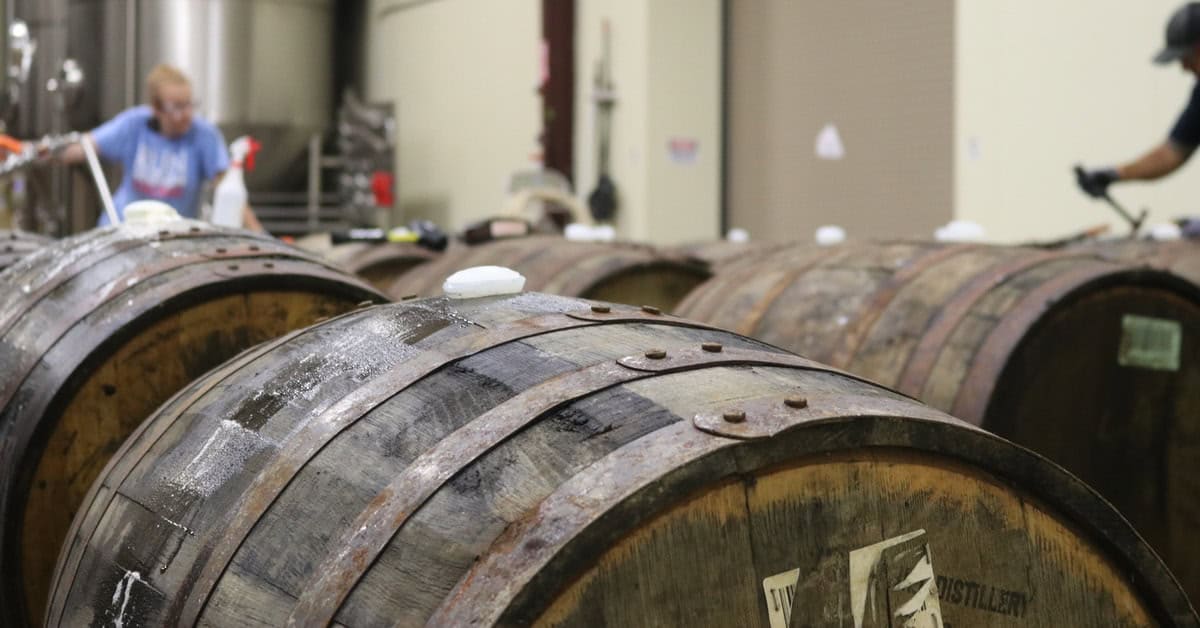
- Label Approval Process: Before a whiskey can be marketed, its label must be approved by the TTB. This process involves submitting a detailed label application, including all required statements and graphics. Approval ensures that labels meet legal standards and accurately represent the product.
- Regular Audits and Inspections: Both federal and state authorities conduct regular audits and inspections to ensure compliance with labeling laws. Producers must be prepared for these inspections by maintaining accurate records and labels. Compliance helps prevent legal issues and maintains industry standards.
- Consumer Complaints and Recalls: Any consumer complaints regarding labeling must be addressed promptly. In cases of significant labeling errors, a product recall may be necessary to protect consumers and maintain trust. Effective complaint handling and recall procedures are essential for reputation management.
Certification Standards
Quality Certifications
Certifications play a vital role in assuring consumers of the quality and authenticity of Texas whiskey. Several certifications are recognized in the industry, each with its own set of standards and requirements.
- Organic Certification: For whiskey to be labeled as organic, it must meet the rigorous standards set by the USDA’s National Organic Program. This includes using organically grown ingredients and adhering to specific production practices. Organic certification appeals to health-conscious consumers and supports sustainable practices.
- Kosher Certification: Kosher certification ensures that the whiskey complies with Jewish dietary laws. This certification involves regular inspections and adherence to stringent production guidelines. Kosher-certified products cater to a specific market segment and offer an additional layer of quality assurance.
- Non-GMO Certification: This certification indicates that the whiskey is made from ingredients that have not been genetically modified. It assures consumers who prefer non-GMO products of the integrity of the whiskey. Non-GMO certification can enhance brand reputation and meet consumer demand for natural products.
Compliance with Industry Standards
In addition to obtaining quality certifications, Texas whiskey producers must comply with broader industry standards to maintain credibility and market competitiveness.

- Good Manufacturing Practices (GMP): Adherence to GMP is crucial in ensuring the safety and quality of whiskey. This includes maintaining clean and hygienic production facilities, proper training for employees, and thorough documentation of production processes. GMP compliance is fundamental to product safety and quality.
- Hazard Analysis and Critical Control Points (HACCP): Implementing a HACCP plan helps producers identify and mitigate potential hazards in the production process. This proactive approach is essential for ensuring the safety of the final product. HACCP compliance demonstrates a commitment to consumer safety and product excellence.
- International Standards: For producers looking to export their whiskey, compliance with international standards, such as those set by the International Organization for Standardization (ISO), is necessary. These standards cover various aspects of production, quality control, and packaging. Meeting international standards opens up global markets and enhances brand prestige.
FAQs
Conclusion
Navigating the legal aspects of Texas whiskey production is a complex but essential task for distillers. From securing federal and state permits to ensuring accurate labeling and obtaining quality certifications, each step is critical in maintaining the integrity and reputation of Texas whiskey. By adhering to these regulations and standards, producers not only comply with the law but also build consumer trust and contribute to the growing prestige of Texas whiskey.
Disclosure: Our blog contains affiliate links to products. We may receive a commission for purchases made through these links. However, this does not impact our reviews and comparisons. We try our best to keep things fair and balanced, in order to help you make the best choice for you.


